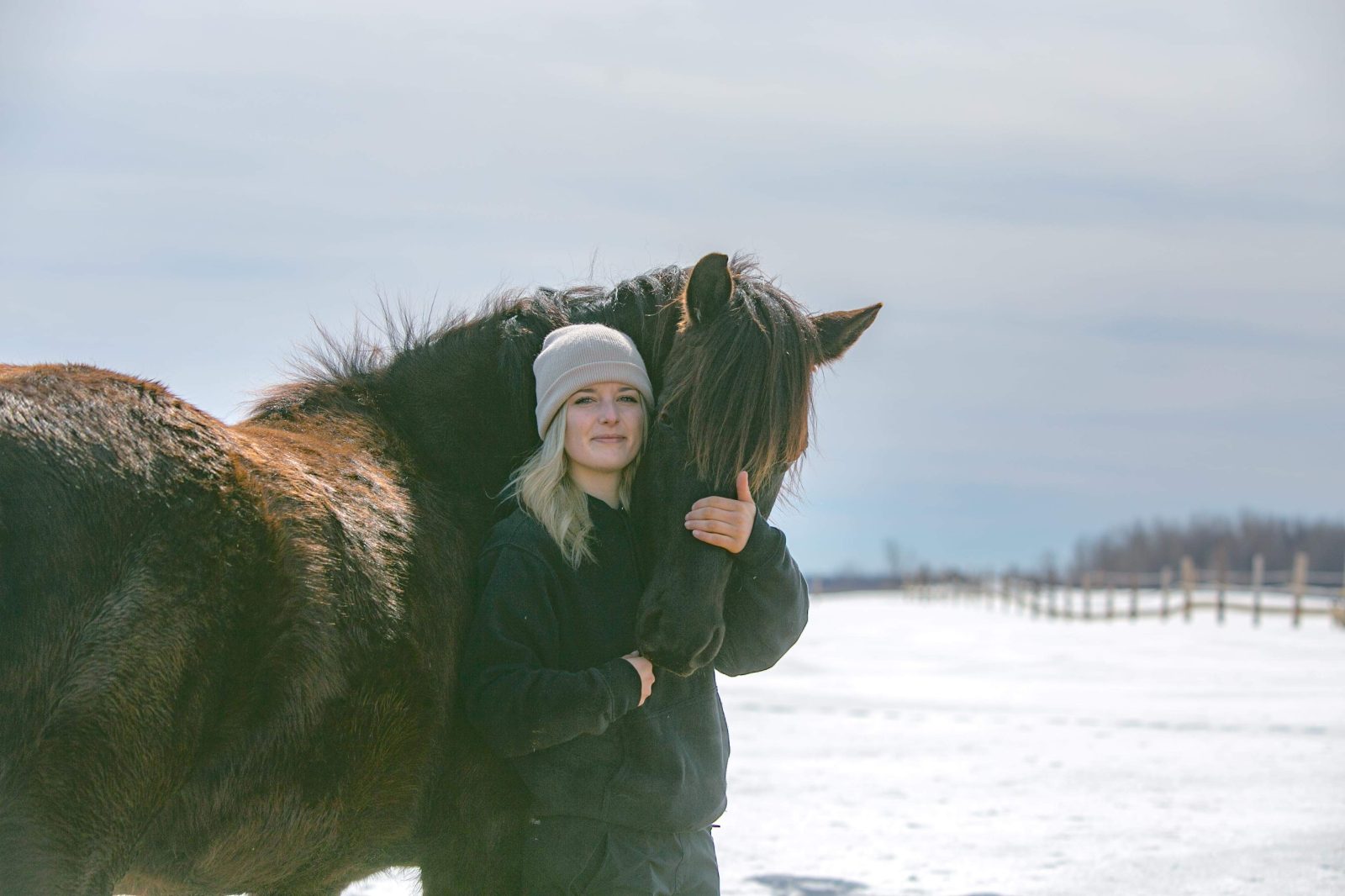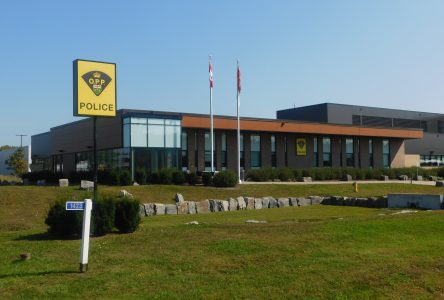Everyone needs somewhere they can call home when they’re sick or alone with no one to care for them or who cares about them. That is the reason for Refuge: Les chevaux d’espoir, the Horses of Hope Shelter.
The former farm on Pattée Road between both Hawkesbury and Champlain Township provides a home now for more than a dozen horses. Nève Lavigne, a professional horse therapist, created the shelter about two years ago. It felt like the right thing to do.
“I’ve always loved horses,” Lavigne said, “ever since I was five. When I was young, I’d always wanted to operate a shelter.”
Originally from Chatham-Brownsburg, across the Ottawa River in Québec, Lavigne now lives in Hawkesbury and travels around Ontario and parts of Québec, working with clients whose horses need special treatment to help get over injuries or else recover from some diseases that have left them physically weakened.
Her work over the past five years as a physical therapist for horses helped fuel her desire to set up a shelter. She has seen cases where some horses were neglected or not getting the proper care and treatment needed when they were sick or hurt. She’s also seen how increasing expenses forced some former horse owners to give up their animals because they can no longer afford them.
Lavigne looked around and found an old farm that had become dilapidated but had a good 20 acres of open pasture and a barn and outbuildings that were built solid, even if their wooden exteriors were weathered and worn. She began, with help later from volunteers, to fix up the buildings for storage of hay for winter feeding, and create roomy stalls and common holding areas for the horses who found their way to the shelter.
There is an assignment schedule for volunteers about horses that they are responsible for feed and care. Lavigne herself deals with each and every one of her equine charges. Julie Lelievre, one of the volunteers, noted that often Lavigne will get up in the middle of the night to check on a particular horse that is recovering from a past injury or some sickness.
“This really a great cause,” Lelievre said, about the shelter. “We get to save them.”
Some of the horses at the shelter are temporary residents. Lavigne and her volunteers run an adoption program to help find suitable new homes for horses that are young and healthy enough to become someone’s new friend. For some horses, though, the shelter serves as both hospice and home them, someplace they can spend their final years in comfort and care.
“There’s a connection with horses and people,” said Lavigne. “When you save a horse, then there’s a different connection than with a horse that’s always had a good life.”
The biggest challenge to operating a shelter for horses is financial. Lavigne’s operation depends on donations and grants, when available, to cover simple expenses like buying hay for winter feed and dealing with any veterinary costs for some of the horses. A corn roast-and-music fundraiser over the August long weekend has provided at least $2000 towards shelter costs.
Anyone wishing to donate to the shelter or become a volunteer can email refugeleschevauxdespoir@gmail.com.



